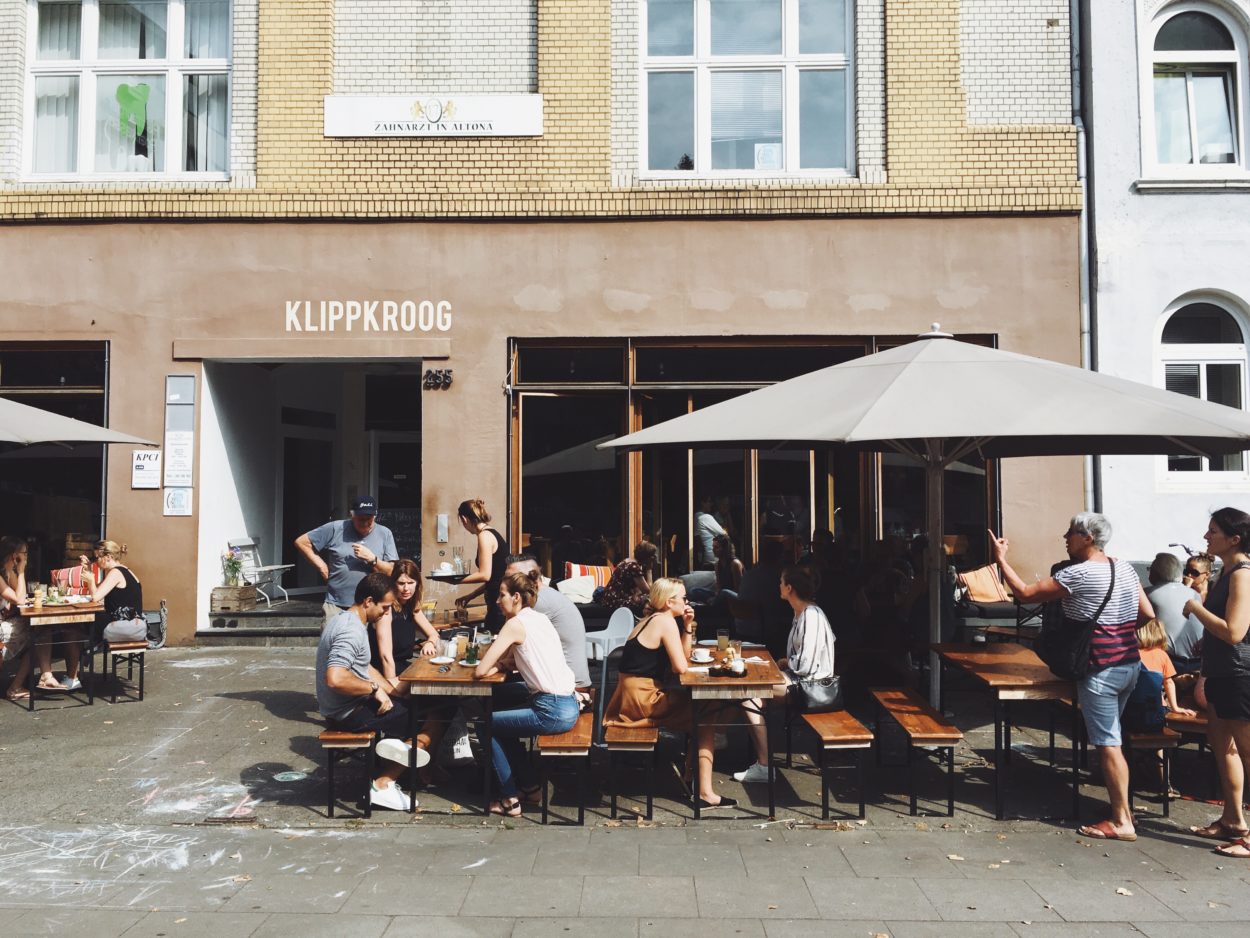Germany has one of Europe’s most stable economies and it is considered one of the most attractive countries to live in for expats, according to a 2018 United Nations development report. German passport holders can visit 187 countries visa-free. However, buying real estate in Germany is not enough to get you the citizenship.
Terms and conditions for German citizenship:
Germany issues passports under the following terms:
— having lived in the country as a permanent resident for at least eight years. Completing an integration course designed specifically for migrants reduces this period by a year. Another special condition that can help with obtaining nationality in as little as six years is being actively involved in a social club or charity, proof of contributing to the German society
— demonstrating German language proficiency at the minimum level B1;
— passing the naturalisation test (proving the knowledge of the country’s historical milestones, national culture, legal system,society and living conditions);
— making enough money to provide for yourself and your family without depending on social benefits;
— not having issues with the law;
— giving up primary citizenship (non-EU nationals)
In rare cases Germany would grant merit-based citizenship, for instance, this would apply to scientists making important discoveries or any other extraordinary achievements.
Obtaining a German residence permit
To legally stay in Germany, you need to receive a special authorisation — a residence permit from the authorities. EU and EFTA nationals do not need one, they are free to reside in the country. Residence permits can be either temporary or permanent.
Temporary residence allows residing in Germany for as long as you have grounds to do so. The right of stay is usually granted to students, entrepreneurs, employees, spouses of German nationals or EU Blue Card holders.
Most often affluent foreign nationals obtain a temporary residence permit when opening a business. German authorities do not impose any special requirements in this situation. There are no specifications concerning the amount of investment or the minimum number of jobs created. The most important criteria is to provide a real business plan and proof of sufficient funds and knowledge required to open the business.
The Blue Card is another popular way to obtain German residency. The card is issued to the foreign nationals who have signed an employment contract on special terms for highly skilled individuals. The annual gross salary for a blue card holder must be a minimum of €53,600. Blue Card residence permits are easier and quicker to get than those based on standard employment.
The Blue Card is granted on special conditions: its future holders must work for 33 months, paying all the necessary contributions and taxes in a timely manner. This makes them eligible to receive a permanent residence. For those who demonstrate level B1 language skills, this period is reduced to 21 months.
Foreign nationals holding a permanent residence permit have the right to live in Germany even if they lose their business, job or divorce. To do so, they need to have lived in Germany as temporary residents for five years at least, be financially independent, have a good command of the German language and not break the law under any circumstance. Revoking a permanent residence permit is difficult. For this to happen, Germany’s judiciary will have to prove that the foreign national has committed a serious offence or government fraud when receiving the permit. Another reason is staying outside the country for six months or more.
There is a possibility of obtaining a civil status on special conditions. For instance, by marrying a German national. In this case, the legal procedure takes a minimum of three years to complete. An indispensable requirement is a marriage officially recognised in Germany that must persist for at least two years, joint residence and household in the country.
German language proficiency and naturalisation test
For the naturalisation application to be approved by the German authorities, proficiency in German at the minimum level B1 needs to be proven with a special certificate. If not having one, a higher education diploma verifying German as the language of instruction, secondary education certificate from a German school or integration course for migrants, documentary proof of attending a German school for four years or studying in the tenth grade, will count. Providing documents is not obligatory if the foreign national demonstrates spoken fluency in German during an interview.
Seniors over 60 and people with disabilities are exempt from language testing if proving their inability to learn German or complete the test with a medical note. Migrant children below 16 can choose not to provide language certificate but stIll have to attend an interview.
Those wishing to become German citizens must take a naturalisation test. It contains questions on Germany’s culture, history, politics, law and constitution. This can be learnt on purpose or you can build up the knowledge during your stay in the country. German school and higher education graduates in law, social, political or administrative sciences are exempt from taking the test.
The test is comprised of 33 multiple choice questions. To pass, at least 17 of them are to be answered correctly.
Primary citizenship renunciation and dual citizenship
The last step to obtaining a German passport is to give up on the primary citizenship. Citizenship renunciation takes place at the embassy of the country of birth. A solemn delivery of the German nationality certificate concludes the procedure.
The German authorities maintain a firm attitude towards dual nationality. If there is a wish to obtain German nationality, primary citizenship must be renounced. However, there are several exceptions where dual citizenship is allowed:
— the immigrant’s country of birth prohibits citizenship renunciation by law (such countries are Iran and Lebanon, for example);
— the immigrant’s request to relinquish the birth nationality takes too long to process;
— the foreign national is a citizen of the EU or Switzerland;
— the immigrant incurs big material losses when renouncing birth nationality (this applies to the owners of land plots and shares of companies that cannot be owned by foreign nationals);
— the immigrant faces difficult bureaucratic procedures in the country of birth when renouncing citizenship.




